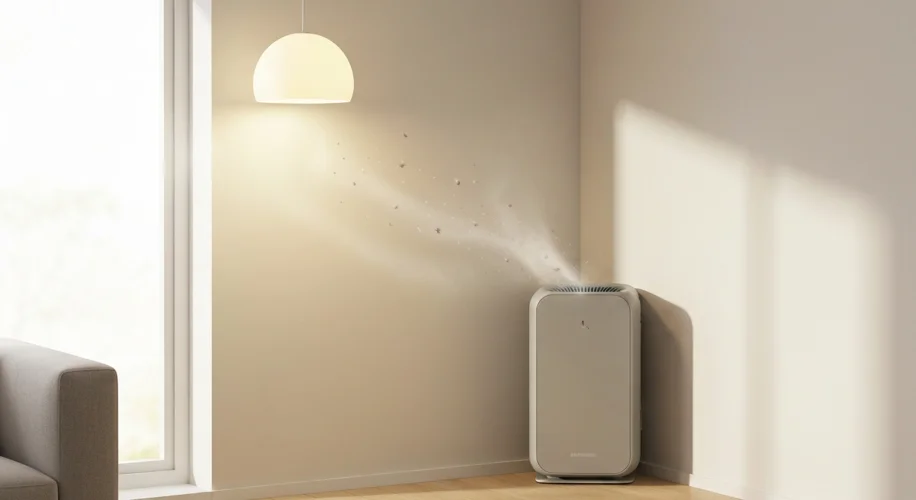Did you know the air you breathe every day could be quietly impacting your blood pressure? As someone who studies atmospheric science and the urban heat island effect, I’ve seen firsthand how environmental factors can deeply affect our health. It’s not just about smog; even indoor air quality matters.
We often think of blood pressure in terms of diet, exercise, and stress. But emerging research is highlighting another significant player: air quality. Specifically, fine particulate matter – tiny particles in the air, often from pollution, that can penetrate deep into our lungs and even enter our bloodstream – has been linked to cardiovascular issues, including elevated blood pressure.
Think about the air in your home. It might seem clean, but it can contain pollutants from cooking, cleaning products, pet dander, dust mites, and even volatile organic compounds (VOCs) from furniture and building materials. When these particles are inhaled, they can cause inflammation and oxidative stress, which are known contributors to hypertension.
This is where air purifiers come into the picture. These devices are designed to filter out these harmful particles from the air. By removing pollutants like PM2.5 (particulate matter less than 2.5 micrometers in diameter), they can effectively reduce your exposure to these blood pressure-raising agents.
From an urban perspective, this is particularly relevant. Cities often have higher levels of outdoor air pollution, which can infiltrate homes and buildings. Even with windows closed, indoor air can become contaminated. For those living in urban areas, especially in communities that may already face higher rates of cardiovascular disease due to environmental factors and socioeconomic disparities, improving indoor air quality can be a crucial step.
My background in atmospheric science has given me a unique lens on how seemingly invisible elements, like air quality, can have very real, tangible effects on public health. It’s a complex interplay between our environment, our biology, and our lifestyle choices. While an air purifier isn’t a magic bullet for blood pressure management – regular exercise, a balanced diet, and stress reduction remain essential – it can be a powerful tool to support cardiovascular health, especially for those in polluted environments or with sensitivities.
Choosing an air purifier often depends on the size of your space and the specific pollutants you want to target. Look for units with HEPA filters, which are highly effective at capturing fine particles. Some models also include activated carbon filters to help remove gases and odors.
It’s exciting to see science continue to uncover these connections, offering us more ways to proactively manage our health. By paying attention to the quality of the air we breathe, both indoors and out, we can take a significant step towards a healthier heart and a healthier life.

